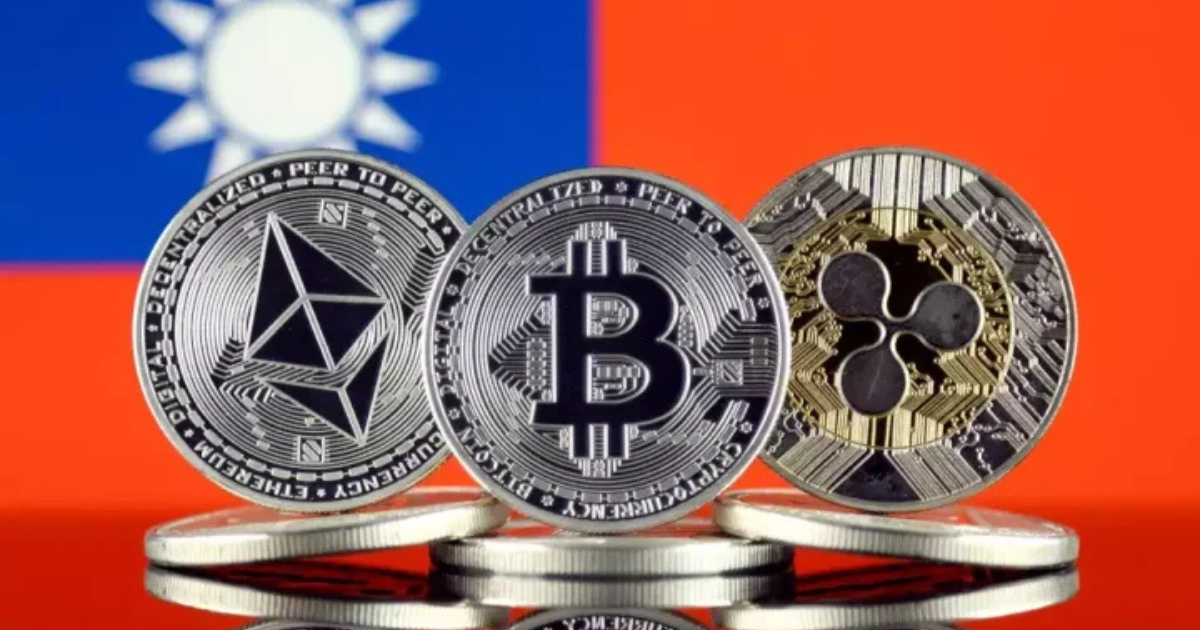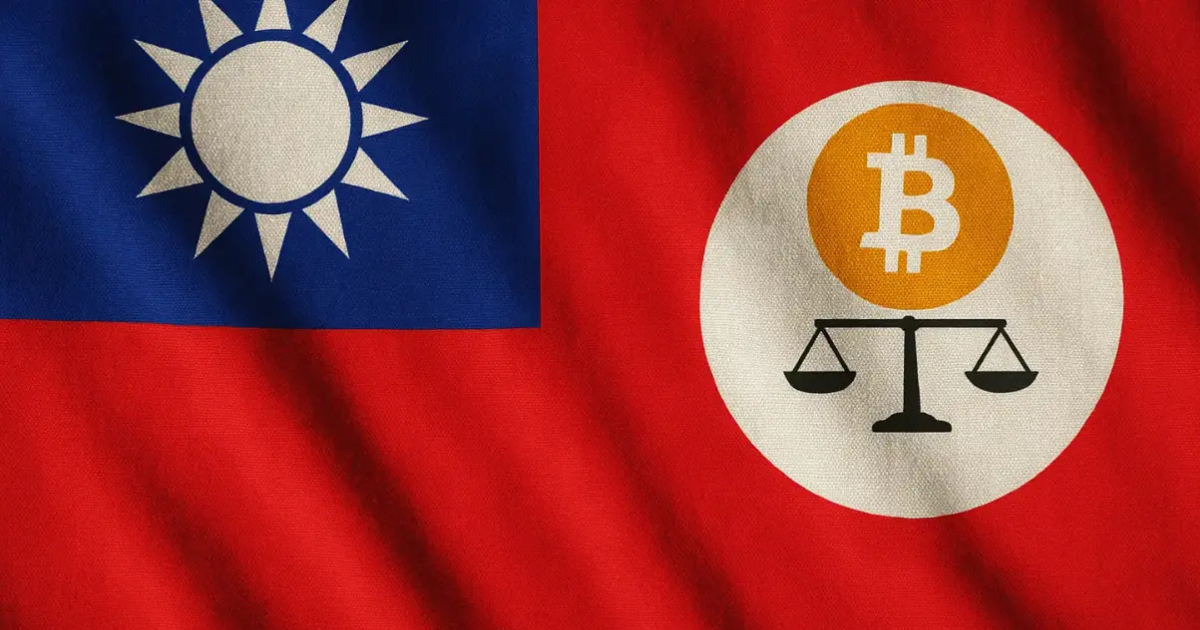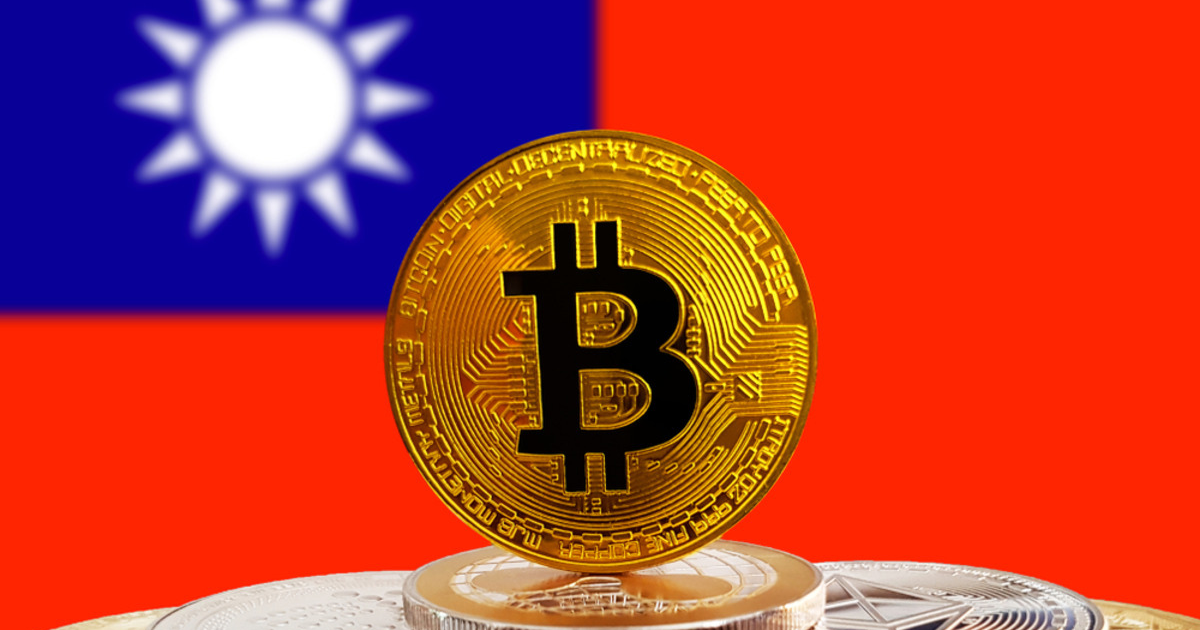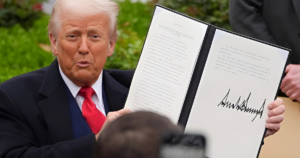The Financial Supervisory Commission (FSC) and legislator Huang Shan-shan are writing Taiwan’s crypto regulations, “Virtual Asset Service Act,” and it is moving forward. The objective of this act is to set up a clear framework for operating in the cryptocurrency industry.
However, these parallel proposals represent a major stride in digital asset oversight in Taiwan. The bill is also following a failed attempt to pass similar legislation in 2023.
Key-Takeaways:
- Plans for the FSC’s proposal and legislator Huang Shan-shan’s proposal on licensing and the enforcement of AML for Taiwan’s ‘Virtual Asset Service Act’ are coming up and being made closer.
- This could lead to both the outcomes that push small businesses and the market consolidation. It suggests a tiered approach to make the burden easier for the smaller firms while keeping oversight of the larger ones.
Dual Legislative Approaches
 On two tracks, Taiwan’s crypto regulations are evolving. Both the FSC and Huang Shan-shan published their drafts of the “Virtual Asset Service Act” last week and Tuesday, respectively.
On two tracks, Taiwan’s crypto regulations are evolving. Both the FSC and Huang Shan-shan published their drafts of the “Virtual Asset Service Act” last week and Tuesday, respectively.
Both proposals have some core requirements, including forcing crypto platforms in Taiwan to be licensed manually. To operate in the Taiwanese market, foreign service providers must set up local entities and gain permits to operate.
Huang is in the process of creating Taiwan’s crypto regulations and is planning to suggest her draft for a first reading soon, with the aim to see it enacted by the end of 2025.
At the same time, the FSC is accepting public feedback on its proposal until May 24. The government is willing to submit the finalized draft to the Executive Yuan by June for further review, which means that the government will possess comprehensive oversight.
Under the new, stricter licensing regime, Taiwan’s crypto regulations will replace the current registration system. The new framework will push operational standards to meet the standard that is generally prevailing among financial institutions.
AML is already a rule that is supposed to be enforced, but the new system will add a more stringent standard. The defaulters could be jailed or pay fines of up to NT$5 million ($150,400).
Compliance Challenges for Industry Participants
 Taiwan’s crypto regulations will massively increase compliance barriers for businesses in that sector. Those experts, especially from smaller enterprises, have expressed concerns about how much this would cost them.
Taiwan’s crypto regulations will massively increase compliance barriers for businesses in that sector. Those experts, especially from smaller enterprises, have expressed concerns about how much this would cost them.
It was a sobering assessment by crypto lawyer and Taiwan Fintech Association secretary general Kevin Cheng. He also pointed out how the introduction of these requirements might be difficult for market players.
“Firms with NT$30 million to 50 million in capital still have room to survive under the current registration based regime. But in the upcoming era of a crypto act, not even those with NT$300 million to 500 million in capital will be able to stay in business,” Cheng explained.
Legal experts want Taiwan’s crypto regulation to be tiered based on the size of the business. For instance, according to partner at Lee and Li law firm Eddie Hsiung, existing AML requirements have already brought about higher operational costs.
A graduated structure based on business size would ease more on the smaller entities but provide enough oversight into larger ones.
The proposed Taiwan Crypto Regulations could significantly influence market consolidation as small players find it difficult to fulfil their enhanced financial and operational requirements.
Industry analysts are expecting a lot of small and medium-sized businesses, facing great challenges in adapting to the new compliance landscape, to trail down with only a few bigger players who have the power to absorb the extra cost.
Besides the concerns under Taiwan’s crypto regulations, local exchanges face liquidity problems. The stricter framework may make it more difficult to resort to cross-border liquidity solutions, although they could help.
It produces a complicated environment where enforced laws put to the intended aim of protecting the investor can equally make it costly for market competitions and access to services.
Industry representatives have urged that the supervisions on Taiwan’s crypto regulation be balanced during public consultation sessions. As Binance’s APAC team Damien Ho said, “Regulation should help them become more stable, have more liquidity in the trading environment in Taiwan.”
Taiwans ongoing rise of crypto regulations shows the worldwide issue of how to balance investors protection from illicit black ocean economies as well as promote innovation.
Over time, as feedback is received from the public and drafts are revised, industry stakeholders, for the most part, are figuring out how to shape regulatory standards that allow the market participants to grow in the digital asset space while protecting them.
Conclusion
Taiwan’s crypto regulations are a major industry milestone for the country, and the latest framework is expected to define the local cryptocurrency ecosystem for some time to come and will determine which of the businesses will thrive and survive in this new financial sphere.











